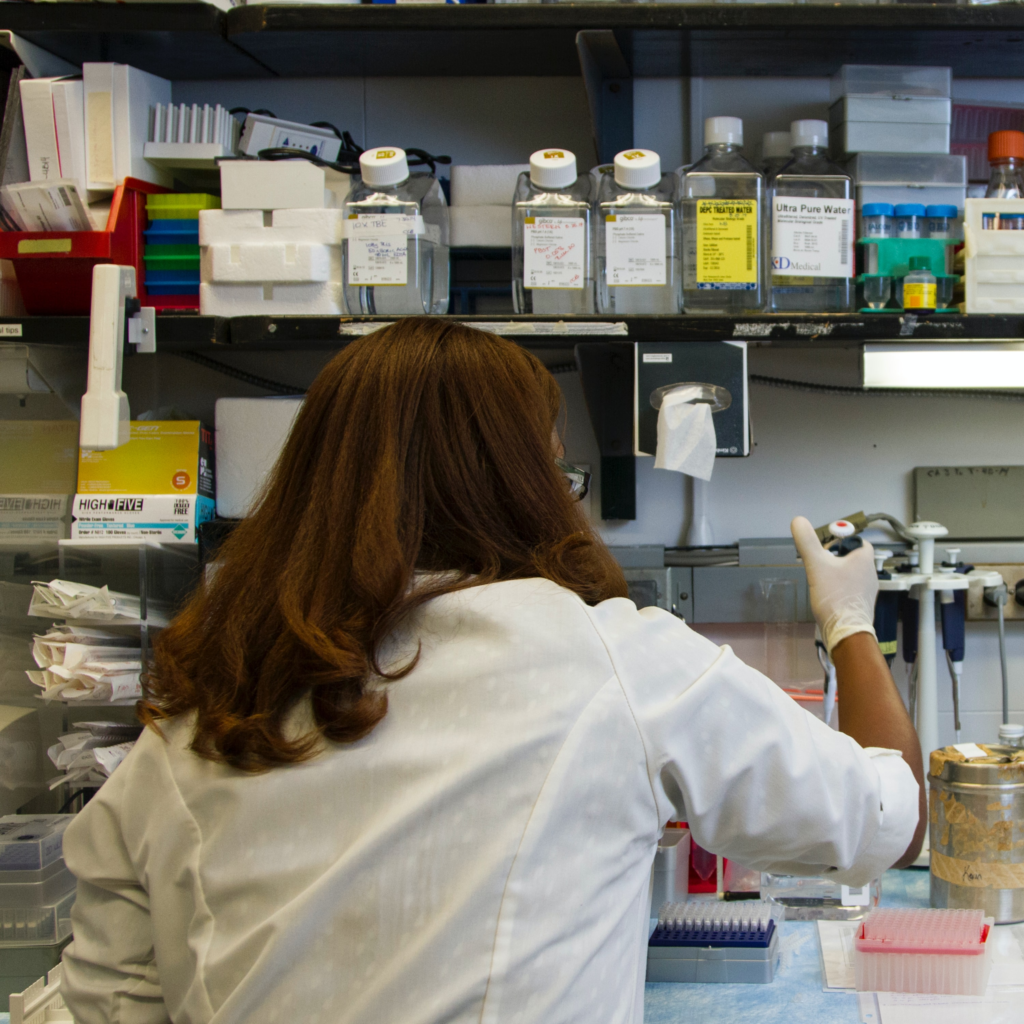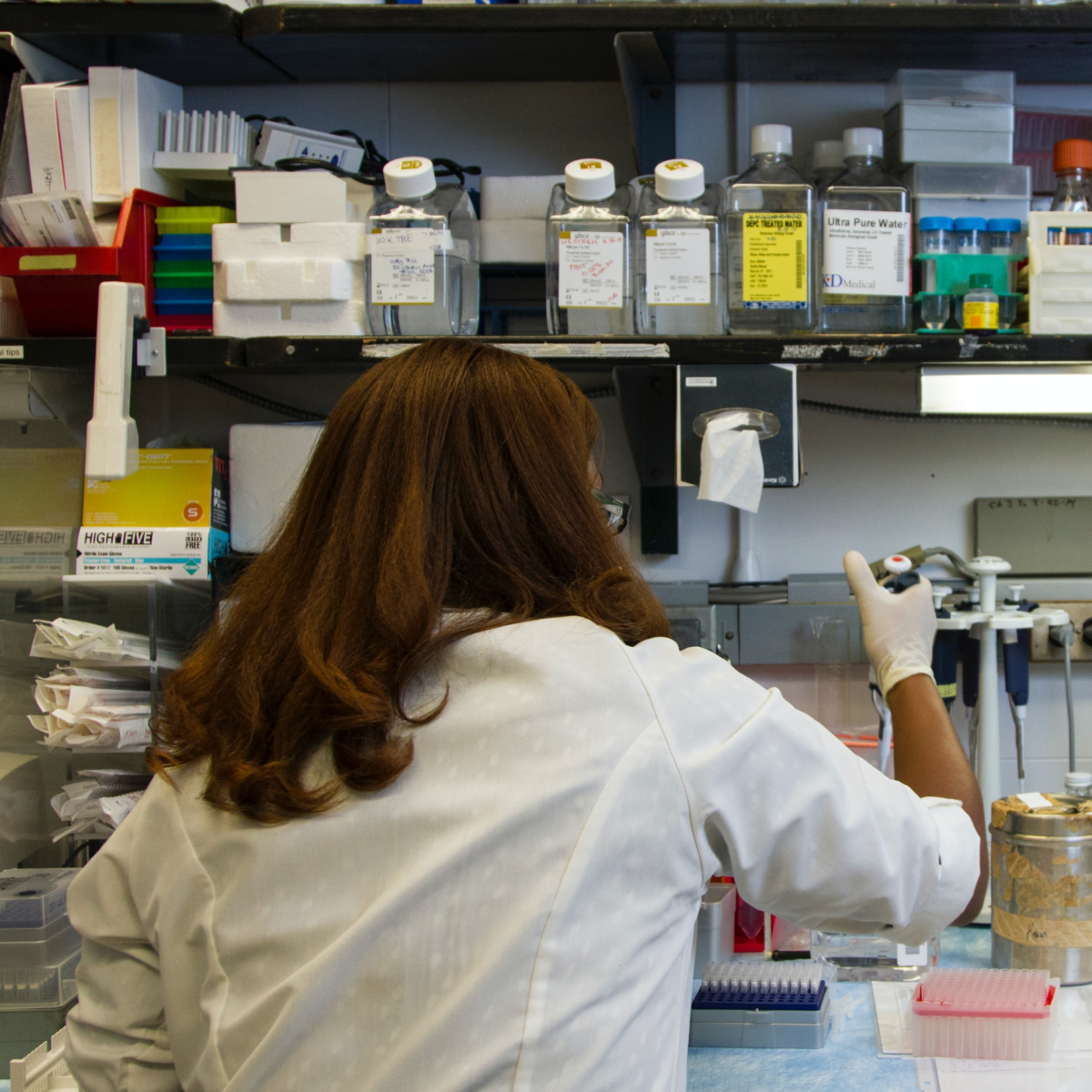CAR T-Cell Therapy
A Conversation with Dr. Farrukh Awan
Learn more about CAR T-cell therapy, an ever-emerging treatment option for some people diagnosed with relapsed/refractory non-Hodgkin lymphoma, from hematologist-oncologist, Dr. Farrukh Awan.
Dr. Awan, an associate professor and hematologist-oncologist at UT Southwestern, is a member of several professional organizations, including the American Society of Clinical Oncology (ASCO) and the American Society of Hematology (ASH). He is also the recipient of the Young Investigator Award from ASCO and has published on many topics, including ibrutinib and acalabrutinib.

Video: Dr. Awan on CAR T Cell Therapy
How effective has CAR T-cell therapy been?
CAR Ts have been approved for a large cell lymphoma for a couple of years now. We have three different approved options which are what we call autologous CAR T-cells.
In those, what happens is that you take the patient’s own policemen or lymphocytes, and then send them out to a manufacturing facility wherever that factory is. That factory takes around three weeks or so to manufacture the cells, expand the cells, literally give the policemen new guns, new bullets, and a shiny armor.
Then basically you get the cells back in a small while, and then you infuse it into the patient. Our T-cells then go inside the body and then find the cancer cells and kill it.
CAR T-cells have been around for a while now. They’ve been approved for a couple of years and we are using it very often on our patients on the commercial side as standard of care procedures.
We’ve had very promising results. Probably around 40 to 50% of the patients are cured by those things. It’s very, very promising.
These are patients who historically had no options. This has been a major advance in the field.
Allogeneic CAR T-cell therapy
Now we actually have another trial open of what we call allogeneic CAR T-cells. What happens is rather than taking the cells out from the patient’s own body, these are normal donor cells, which have been selected.
They are not going to fight the patient’s body, but they will fight only the patient’s cancer cells. Those have been manufactured already and they’re in vials. If I say, I need to go tomorrow, they say, here’s the vial, we give you the vial. It does the same thing as the autologous CAR T-cells.
The allogeneic CAR T trials that we have are very exciting. We’ve actually treated a few patients on that and it’s looking very promising. There’s a lot of excitement in the field about how this will pan out and that will actually cut down on the three-week or for-week waiting time while you’re waiting to get the cells manufactured.
If you wanted to do a CAR T tomorrow, you could do it tomorrow or in a few days, because it’s really very simple. That will probably bring the costs down at some point in time.
The promise of CAR T and BiTEs
The point is that there’s a lot of new things that are happening in the CAR T field and it’s looking very promising. They are a little bit more established than the BiTEs, but the BiTEs are also looking very promising.
At this point, there’s no right or wrong answer of what you would use.
What are the BiTE and CAR T side effects?
Both the BiTEs and CAR T’s, at the heart of it, have similar functions and that really is to activate your immune system or to use activated immune cells. Those are the lymphocytes that are manufactured and engineered.
Anytime you activate the immune system, you will have inflammation in the body and that inflammation can cause side effects. What are those side effects?
Cytokine Release Syndrome (crs)
That can be:
- rash
- fevers
- shakes
- chills
- low blood pressure
Those are called cytokine release syndrome (CRS), when you have a really huge inflammatory response and the body doesn’t like it at all when the lymphocytes or the immune system is activated. This is a natural response to the body.
Cytokine release is seen in both the BiTEs and the CAR Ts. That really is one of the major side effects. That’s why a lot of times we need to admit the patients to the hospital to monitor them for that in the first few days of getting the drug as the immune system is being activated. That’s the first thing.
Neurotoxicity
We can also have what we call neurotoxicity because, again, from that inflammation that’s happening at such a high rate and the rapid inflammatory response, you get some inflammation, swelling in and around the brain tissue.
You can have some problems related to that:
- seizures
- confusion
- headaches
Typically, all of those side effects are mild and manageable, and very reversible. A lot of patients have those, but it’s also usually a low-grade side effect. For example, a lot of my patients will have a little bit of fever for a few days, maybe some low blood pressure, but nothing major.
Some people can have some confusion, but otherwise, they don’t have any issues. Occasionally, you might have somebody who might have a seizure problem
Importance of working with an experienced specialist
This is exactly why it’s important to get consultation with an expert in the field who has done a bunch of these, who has a team that is available to help the patient through that process like we do.
We have a whole team of people when the patient gets admitted, they need to be seen by the kidney doctors. They need to be seen by the heart doctors. They have the neurology doctors ready to help them with any complications.
It’s a team effort. The nurses are trained in the CAR T side effects. If it goes well, they can be out of the hospital very soon. If it doesn’t and they have a side effects, we manage it and we reverse it.
Weighing risks and benefits of emerging T-cell treatments
The point is that it sounds scary with the side effects, but the fact is that the mortality or the risk of dying is very small, number one, and the chances of recovery are very good. Even if you have a side effect, the vast majority of people have a mild side effect which can be easily managed.
Then on the flip side, you have roughly 50-some percent chance of being cured which is pretty good. I’ll take it. That’s why this has been such a big advance in the field in terms of CAR T.
BiTEs are relatively new. We need more evidence about them but they can potentially do the same thing, we just need more data.
